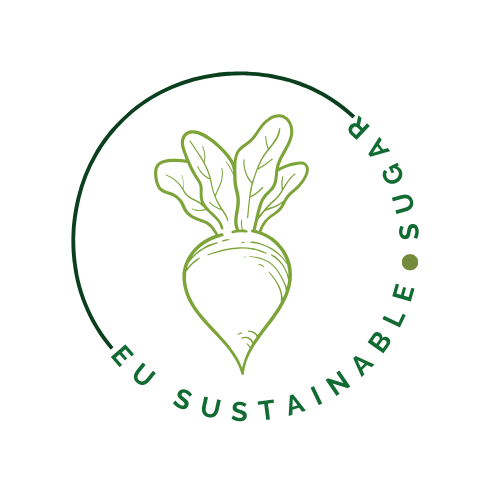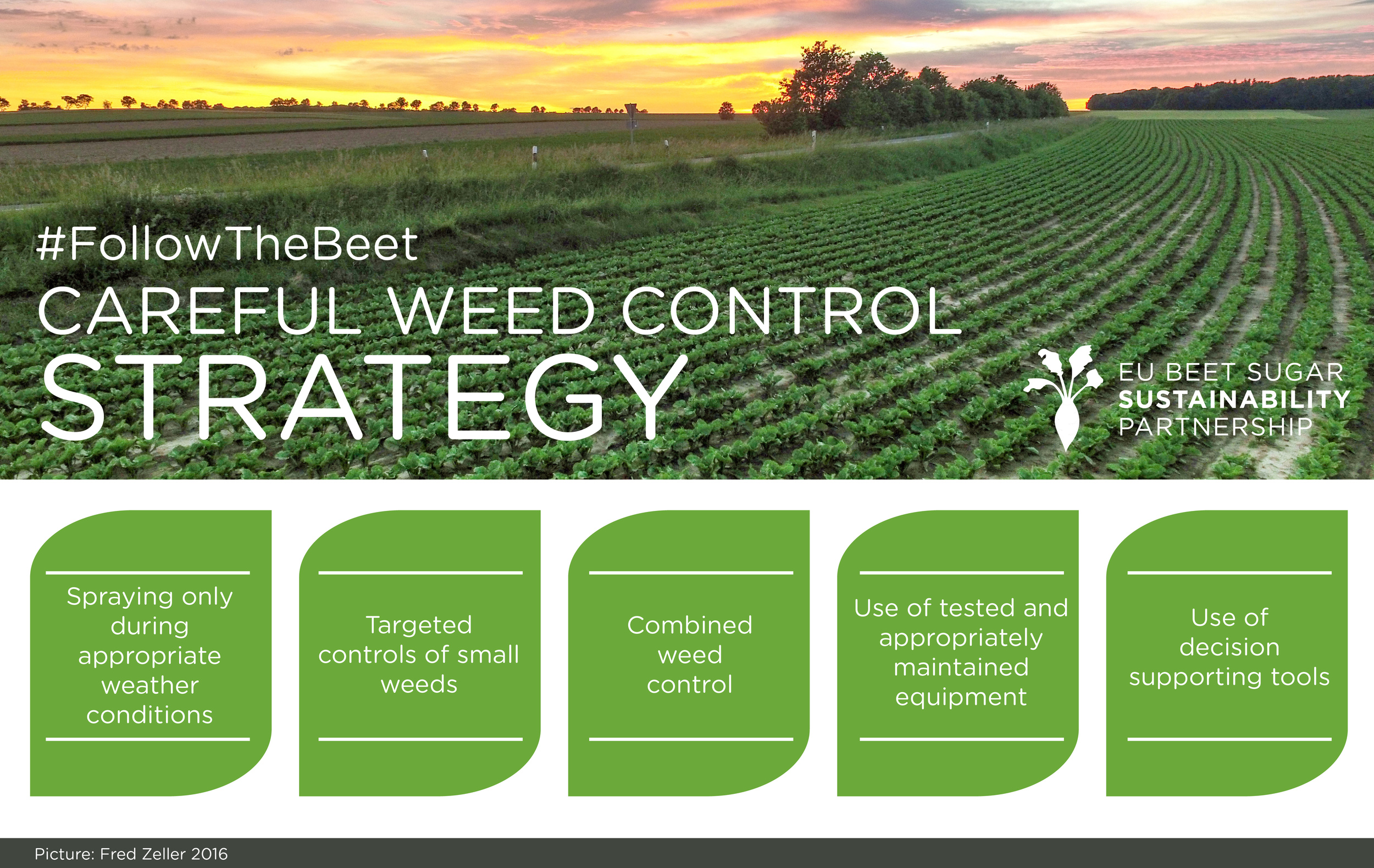ISSUE BRIEF - RESOURCE EFFICIENCY-CIRCULAR ECONOMY
/HOW THE BEET SUGAR SECTOR USES RESOURCES RESPONSIBLY
The EU beet sugar sector has a long tradition of valorising all products arising from the processing of sugar beet, while keeping the use of inputs to an optimum. The Beet Sugar sector thus already applies the principles of the circular economy and waste reduction, anticipating and leading the way towards higher resource efficiency and waste elimination.
SOIL PREPARATION BEFORE BEET SOWING IN SOUTH GERMANY
/South German beet growers increasingly prepare mulch to enhance organic matter and prevent soil erosion.
ISSUE BRIEF: SOCIAL DIALOGUE
/Social dialogue consists of an organized and structured dialogue between employers and employees’ representatives on all matters related to the social impacts of the companies’ activities. It is also a means of involving employees in important decisions for the company, especially when those can impact the workforce.
The EU sugar sector benefits from the experience of more than 40 years of dynamic and vibrant social dialogue at European level, replicated and nourished by the experiences of national and company-level social dialogues. The compulsory Code of Conduct on Corporate Social Responsibility, agreed in 2003 and implemented ever since, is one of the most visible and stronger symbols of the social partners’ commitment to promote good working conditions, in particular when the need to improve companies’ performance is at stake.
Hence, social dialogue has been key to ensure a socially adequate transition in difficult times such as the 2006-2009 EU sugar market reform and will continue to do so as the sector prepares itself to face the challenges of further reform in 2017.
ISSUE BRIEF: CLIMATE CHANGE
/On the occasion of the start of the negotiations for the COP21 in Paris, the EUBSSP has prepared an Issue Brief to illustrate the contribution of the EU Beet Sugar sector to the reduction of GHG emissions.
HOW DOES THE EU BEET SUGAR SECTOR ADAPT TO CLIMATE CHANGE AND HELP TO REDUCE GHG EMISSIONS?
Beet growing and processing are exposed to the positive and negative consequences of climate change which impose the development of different adaptation strategies. The greenhouse gases (GHG) – CO₂, CH₄ and N₂O – arising from beet growing and processing largely derive from the use of energy and agricultural inputs, in particular fossil fuels and fertilizers. However, beet growing is not only a source of GHG, but also a GHG sink via atmospheric carbon fixation and the sequestration of carbon in the soil, notably through the return of organic matter (crop residues). Finally, the reduction of fossil energy and of fertilizer use in both beet cultivation and processing through various good practices have led to tangible results in the reduction of GHG emissions and the mitigation of climate change.






















